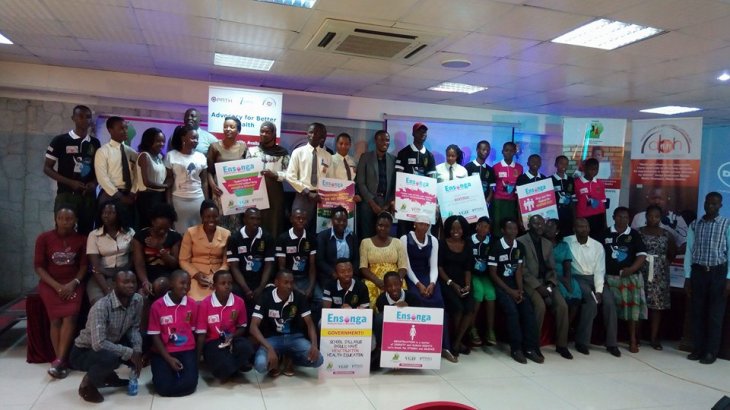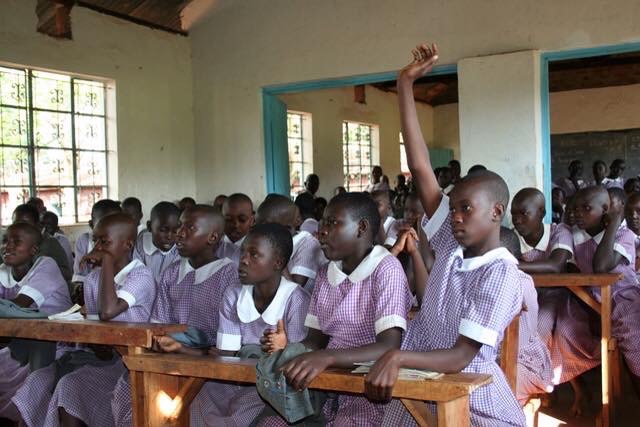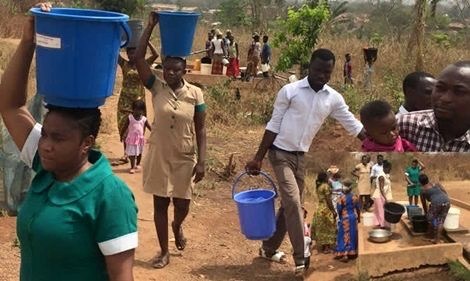It was very emotional when Jane shared with everyone in the hall about her first menstruation period, she did not get support from anyone, her mother assumed she would find her way out. Jane decided to make a home made pad, which was not made well as it was just a handkerchief, that could not be used effectively as it was light, meaning it was not sustainable as it affected her days’s activities. My worries of using a handkerchief as a pad were confirmed towards the end of her story when she mentioned that, one day, as she was walking, the pad(handkerchief) fell down on the road as she was walking.
Today, very many girls are not proud or happy to be females, because of the shame that they think comes with it and this is related to the myths and taboos that lead to stigma. Menstruation is a matter of dignity and human rights, this means its everyone’s right to demystify the myths and taboos so as to break stigma and let girls menstruate happily. The challenge is not only on the myths, but for stake holders to understand the menstrual health management is not just a one girl’s issue but a multi-sectoral one that needs also stakeholders involved, from water, education, health, trade among others.
I was very happy at the recently concluded stale holders’ meeting on promotion of menstruation hygiene and management organised by Uganda Youth and Adolescents Health Forum (UYAHF) in partnership with Path Uganda because it engaged adolescents, youth,religious leaders, officials from ministries of Health, Gender and Education, and the water sector was well represented. This is what multi sectoral is about, but this has to go beyond lip service and be implemented, we want to see schools with good quality washing facilities and changing rooms to create a supportive environment for a menstruating girl.








